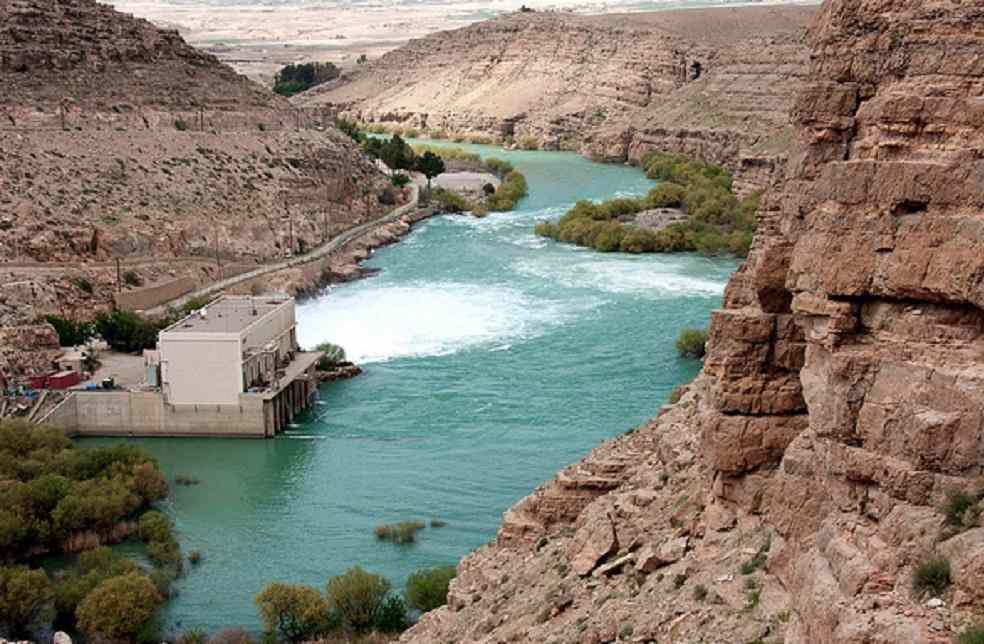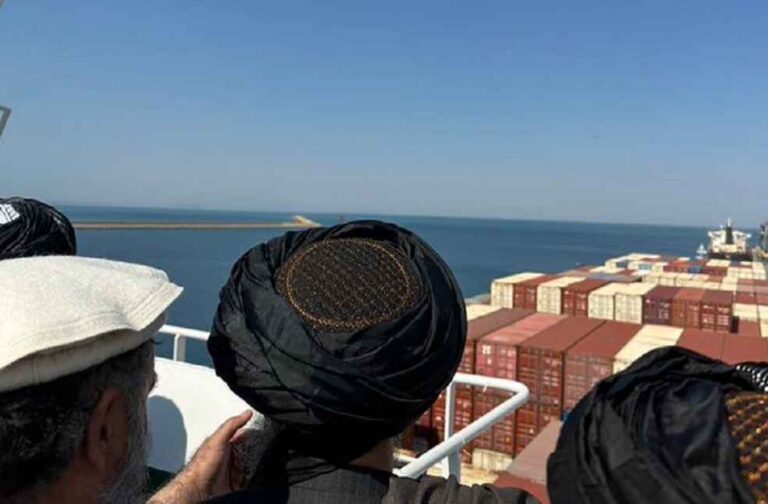Recent talks between Afghanistan and Iran have led to a substantial improvement in their energy and economic ties, marking a new era of collaboration. These developments follow a series of high-level discussions focusing on enhancing partnerships across various sectors, including energy, trade, and transportation.
Abdul Latif Mansour, Afghanistan’s energy minister, met with Arash Kordi, head of Iran’s Power Transmission, Generation, and Distribution Company (Tavanir), on November 12. Mansour proposed reduced rates for Iranian electricity exports to Afghanistan and emphasized the need to eliminate supply interruptions. This proposal is crucial for ensuring a stable energy supply in Afghanistan.
During the meeting, the focus was on strengthening bilateral cooperation in the electricity sector. The Afghan delegation aimed to renew an electricity agreement with Iran and secure a more favorable tariff. Mansour pointed out past difficulties with Iran’s power supply cuts and requested preventive measures against similar issues.

The Afghan minister’s visit to Iran, which started on November 11, followed a six-day visit by a Taliban delegation led by Abdul Ghani Baradar, Deputy Prime Minister for Economic Affairs. This delegation engaged in extensive economic discussions, visiting Tehran, Isfahan, and Chabahar port, and tackling issues from politics to migrant affairs.
Baradar’s visit saw the signing of five memorandums of understanding (MoUs) in mining, steel production, transport, civil aviation, and free trade zones. These agreements target a $10 billion trade volume between the nations, with both sides hopeful for their effective implementation.
A key meeting at Iran’s Chabahar port involved discussions about Afghanistan using the port for its import and export activities. The conclusion of this meeting was an agreement granting Afghanistan unrestricted access to Chabahar Port, a crucial step for boosting the country’s transit capabilities.
Discussions between Iran’s Roads Minister Mehrdad Bazrpash and Mullah Hamidullah Akhundzada, the Afghan Taliban’s Acting Minister of Aviation and Transport, focused on expanding cooperation in air, land, and rail transport. These discussions covered increasing flights, enhancing technical aviation services, and improving road transportation.

Water issues remain a challenge, with Iran claiming a small portion of its rightful share from Afghanistan’s Helmand River, primarily due to damming operations. The Taliban attribute the reduced flow to limited annual rainfall, highlighting the need for joint solutions to these environmental issues.
These series of meetings and agreements reflect a deepening partnership between Afghanistan and Iran, demonstrating their commitment to resolving challenges and enhancing their economic and energy ties for a stable and prosperous future.
BUSINESS GENERAL | Iraq’s New Free Zone Boosts Economy: Local Currency Trade Revolution



